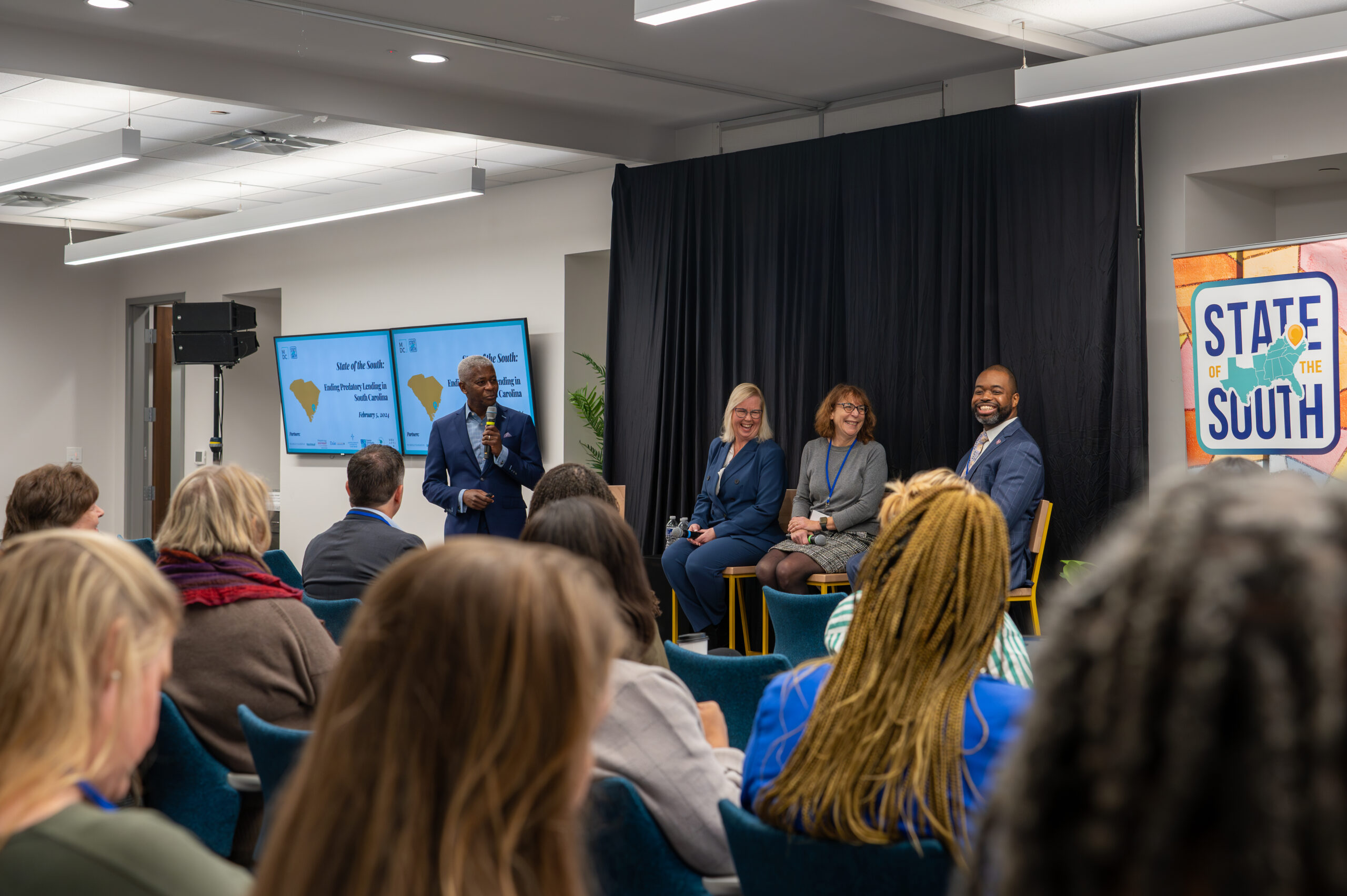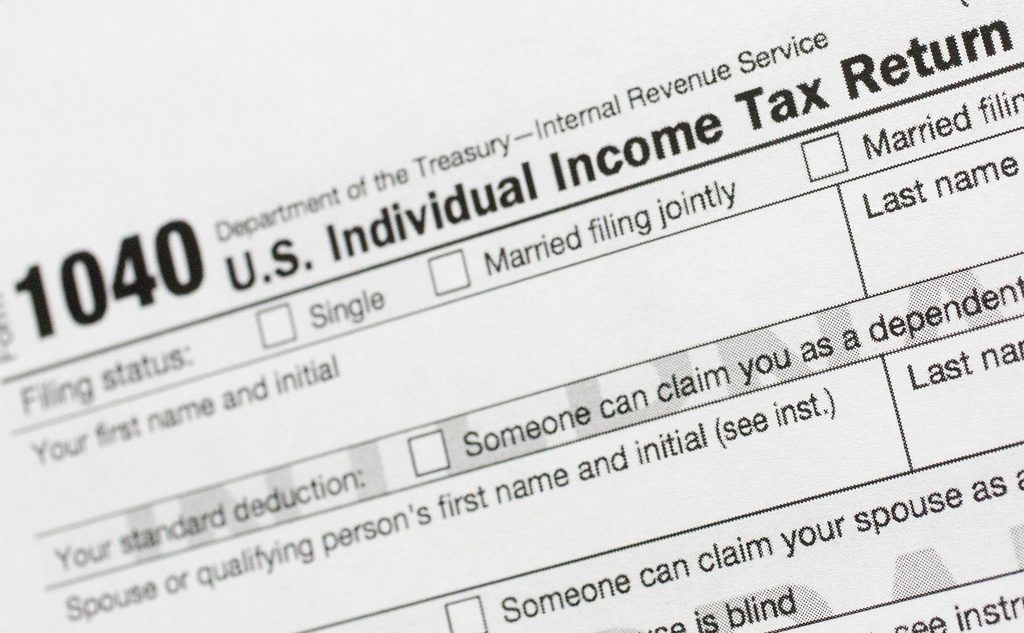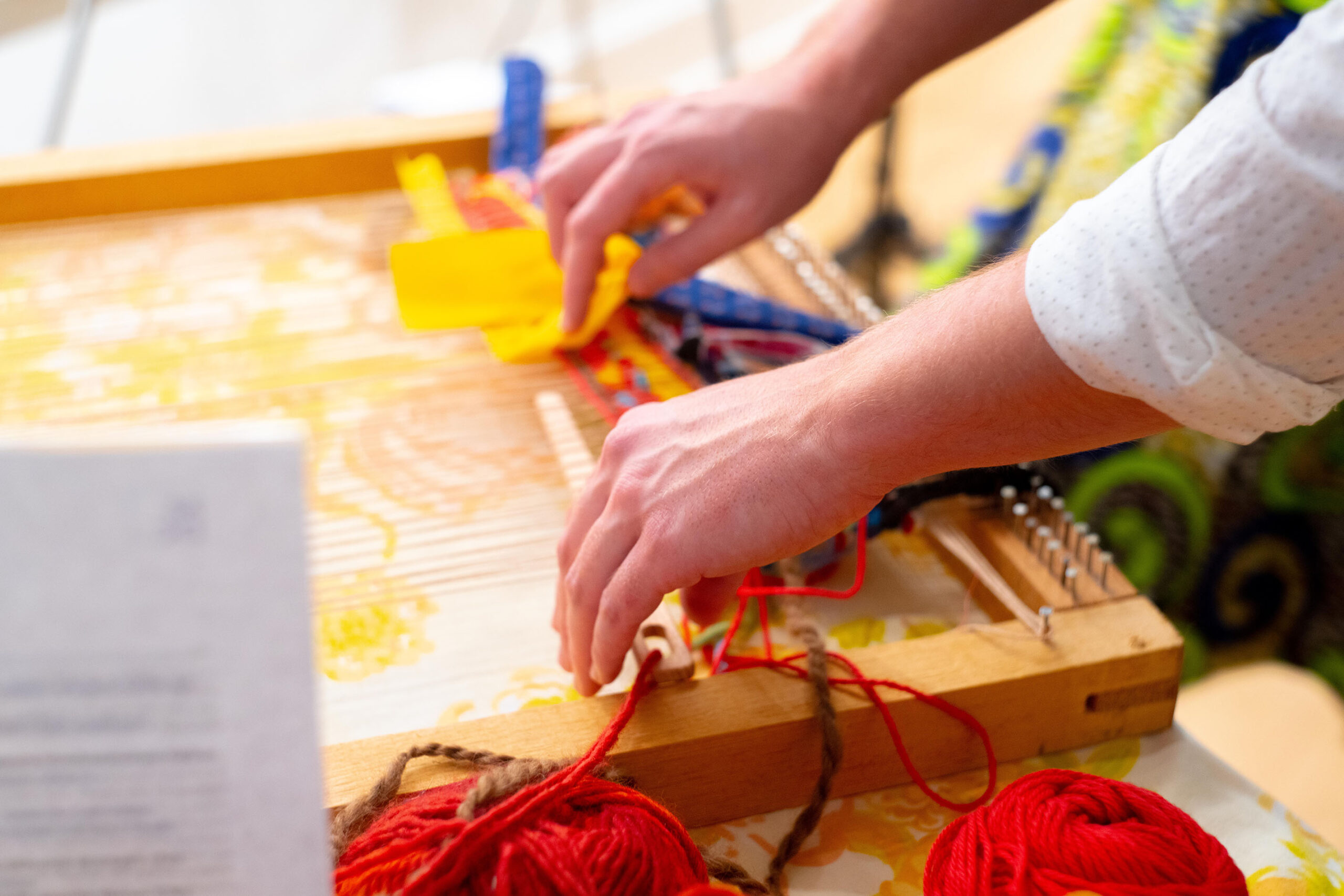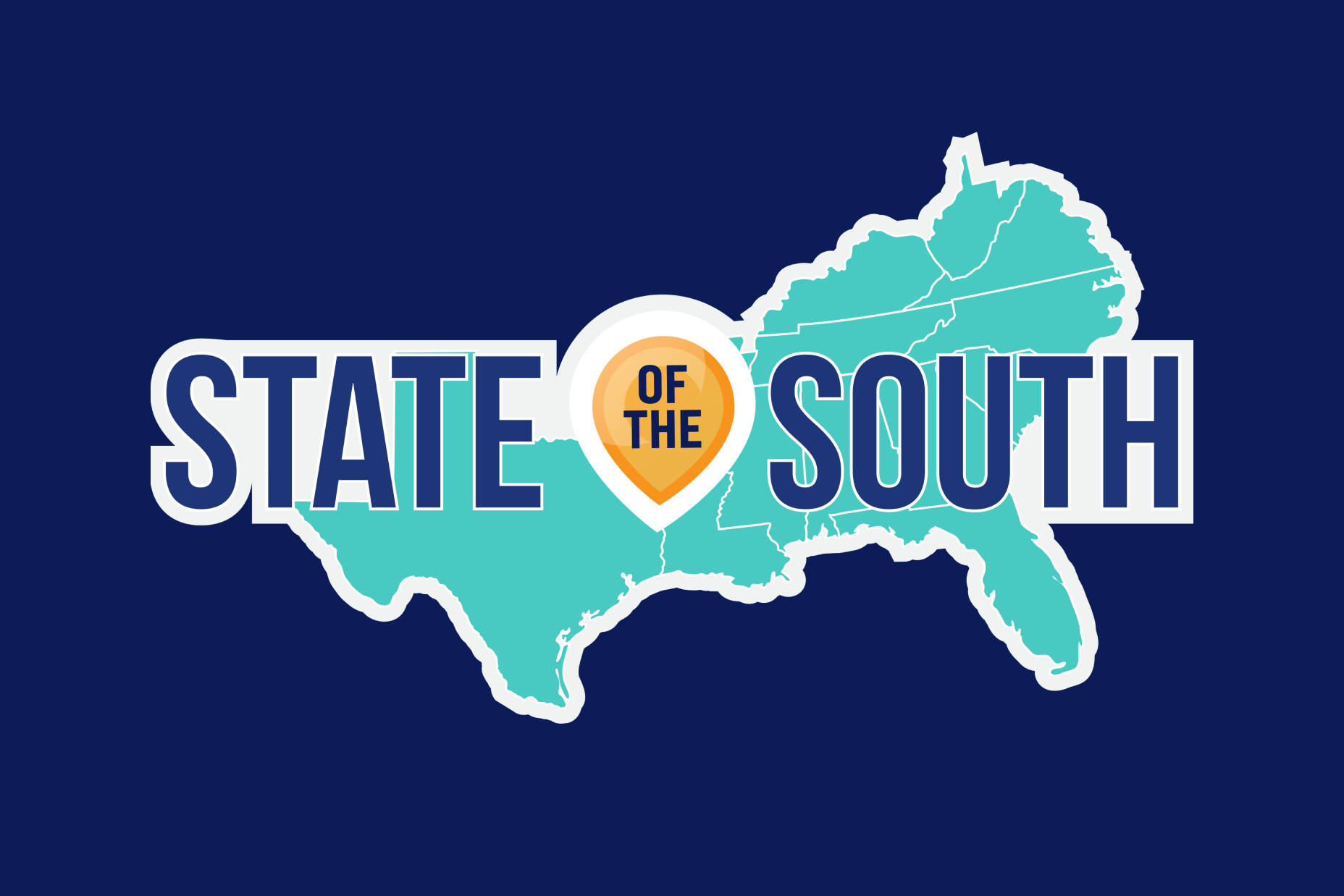Predatory Lending- Reflections from State of the South: Charleston, South Carolina
Apr 15, 2024

In February, State of the South held its fifth convening in Charleston, South Carolina. Meeting over two days, community members, nonprofit leaders, business owners, policymakers, and artists gathered to discuss how to make Charleston, South Carolina, and the larger South equitably accessible to everyone.
Following the event, we invited panelists and participants to reflect on their experiences. We’re honored to share with you this reflection from Sue Berkowitz, Policy Director at SC Appleseed Legal Justice Center.
As a South Carolina attorney who works primarily with low- and moderate-income families, I have witnessed the ravages that high cost and predatory lending has on families and the communities where they live. Predatory lending is any lending practice where the borrower is taken advantage of by the lender imposing lending terms that are unfair or abusive either on their face or through practices. These predatory practices are primarily targeting individuals and families who are low-income, BIPOC, elderly, or otherwise vulnerable. We find these lending companies clustered in low-wealth and primarily black and brown communities, and they include Payday lenders, Auto Title lenders, and high-cost installment loan lenders. While these lenders may offer different lending products, they have one thing in common; they make loans that are often impossible for the borrower to repay due to low income and high burdens from outstanding to everyday bills.
Lenders in South Carolina can charge any interest rate they deem appropriate, as long as the company posts its maximum interest rate with the SC Department of Consumer Affairs and posts this rate in their place of business. This often translates to loans that have triple-digit interest rates, some that have been filed for more than 800%. With these high costs to borrow money, the payments are nearly impossible to complete.
Predatory lenders of any kind have one common attribute: they make it incredibly easy for the borrower to access some amount of money, but then offer repayment terms that make it nearly impossible for the family to leave the debt cycle due to their inability to keep up with everyday expenses and pay off the loan. The loans are structured so the entire interest and charges are paid during the first few payments, never touching the principal amount.
When paying back the loan becomes too much for the consumer, the lender offers to “renew or refinance” the original amount of money borrowed. Many lenders readily report that they make multiple loans to the same individuals through the practice of refinancing. Because the interest along with the fees charged for products, such as credit insurance, are paid in the first few installments, it is financially beneficial to these lenders when the consumer agrees to refinance the loan. The lender has earned all interest and product fees on the old loan and is ultimately lending the consumer the same money provided during the previous contract. The fees and interest are added to the new contract, despite the fact the consumer does not receive any or little new money for the amount borrowed under the refinanced loan. The lender is literally paying itself, so that it can lend the principle with a new contract, adding all-new interest and charges. It is not unusual for a consumer to have an installment loan that has been renewed every three to four months over a number of years. I have represented individuals who have had an ongoing repeated contractual relationship with multiple lenders for more than a decade.
The SC Board of Financial Institutions reported in 2022, that out of 1.18, billion loans that were made in South Carolina, approximately 552,890 of these were renewal loans. Consumers borrowed a total of $2,791,593,660 during that time frame. It was reported that of these loans, 33.5% were sold with Credit Life Insurance, 15.68% Health & Accident Insurance, and 39.53% Fire & Personal Property Insurance. Almost sixty-one million loans were more than sixty days in arrears and more than 589 million loans were more than 90 days in arrears. This demonstrates that millions of loans are being made to people with terms that do not take into account whether or not the individual has the ability to repay the loan in full. What is remarkable is this is happening despite South Carolina law requiring that lenders not make loans unless the borrower has the ability to repay.
Excessive interest rates further contribute to this issue. Many Auto Title Lending contracts have rates up to 300% Annual Percentage Rate (APR). To put this into perspective, an individual who borrows $3,000 with a two-year repayment will have to pay a staggering $18,000 to complete the loan. A monthly payment for this loan would be $753 a month, well over 50% of low-income South Carolinian’s paychecks. This is why the industry reports such a high delinquency rate.
Deferred Presentment or Payday lending operates with a similar model. Payday lenders, while calling their loan model fee-based, have an APR in South Carolina of 391%. The payday lender allows the borrower to write a post-dated check for the amount the borrower needs. This amount is legally permitted to be up to $550.00, plus the lender’s fee of 15%. For instance, if the borrower needs $550, s/he would write a check for $632.50 and the lender would not cash it until the borrower’s next payday. A consumer is not permitted to have more than one loan at a time from any lender. The legislature has authorized the enactment of a database and requires that every lender shall check the database before entering into a loan with a consumer, note in the database when it enters into a loan with a consumer and then when the loan is paid in full.
For a consumer who is living paycheck to paycheck, this full payment when due is financially burdensome when forced to pay the loan in full. Rent, food, and utilities still need to be paid and the consumer is then forced to borrow the money the following day, regardless of whether or not she is incurring a new charge each time. Clearly, for the lender, the financial incentive is to collect that fee with each new contract. In 2022, there were 149,468 loans made to 32,092 borrowers, with just under 10 million dollars in fees paid to the industry. We at SC Appleseed have time and time again seen consumers during their most troubled times obtain these predatory loans and fall into a cycle of debt that is built to be nearly impossible to escape. These “financial relationships” often last for years, sometimes decades, similar to an abusive spouse who holds tight for control.
In 2020, SC Appleseed issued a report “Easy In, Impossible Out”, documenting the problem, with individual stories and data. We also provided solutions that would help mitigate the overwhelming extraction of capital from low-wealth individuals and communities. These recommendations include:
- Enforce and strengthen SC’s policy that requires a lender to analyze and document a borrower’s ability to pay the loan, detailing steps to ensure proper analysis and documentation take place. This assertion must be made in writing and document the ability to repay and must be completed for the borrower and co-borrower. This analysis must be completed each time the loan is renewed or when a borrower enters into a new deferred presentation or pay advance agreement made within thirty (30) days of the previous advance or agreement.
- Cap interest rates on what can be charged for small consumer loans.
- The development of lending products, including employer-sponsored loans to help extract individuals from this debt spiral.
- Give our administrative agencies and our attorney general office additional resources to civilly prosecute these known violations.
- Makes mailing of unsolicited checks to borrowers a violation of the South Carolina Unfair Trade Practices Act.
- Improve living wages so all the people of our state can afford to pay their bills and live without the need to borrow from high-cost lenders.
Sue Berkowitz is the Policy Director at SC Appleseed Legal Justice Center. Visit https://www.scjustice.org/who-we-are/ for more information.







